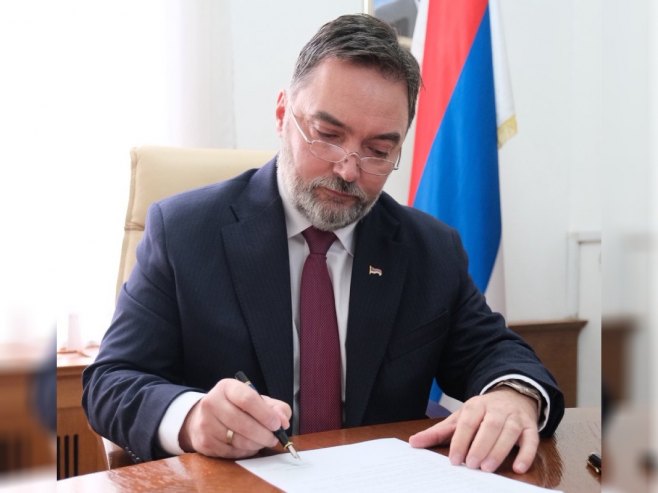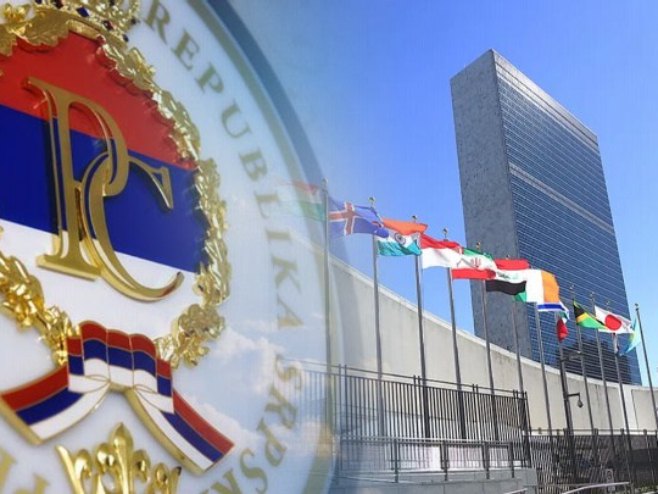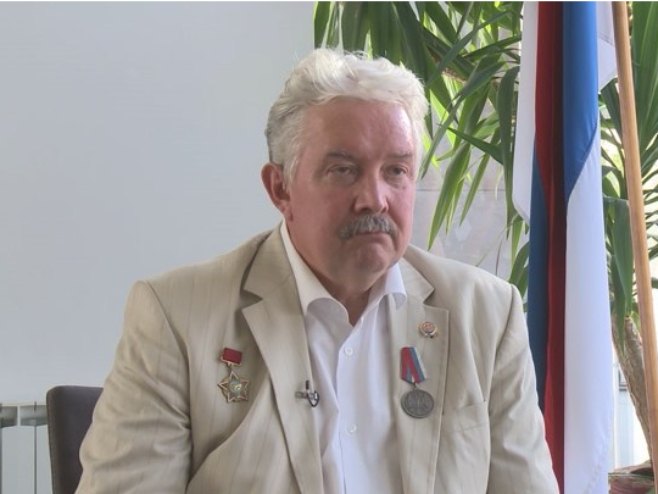Russia, as the current chair of the UN Security Council, will on Friday present the Report of Republika Srpska to the Security Council of the United Nations.
Among other points, the session in New York will again emphasize that Christian Schmidt is not a legitimate High Representative and that he has no authority to impose laws or dismiss officials democratically elected by the people.
This is perhaps the most important report Republika Srpska has submitted so far — given the current political crisis in Bosnia and Herzegovina and the new geopolitical circumstances in which Banjaluka and its positions are increasingly visible on the global stage.
A structure endowed with such unchecked power has created unprecedented tensions, particularly due to Schmidt’s recent decisions that directly affect relations among Serbs, Croats, and Bosniaks.
The crisis in Bosnia and Herzegovina is succinctly explained in one sentence by Dr. Ivan Pepić from the University of Geneva, whose analysis is included in Republika Srpska’s report to the UN Security Council:
“Schmidt’s illegal appointment is not a mere procedural error but a fundamental rejection of legitimate legal process. The role of the Security Council in appointing the High Representative is not ‘a formality’ but a requirement under Annex 10 of the Dayton Agreement,” the report states.
Pepić believes it is time for Schmidt to leave Bosnia and Herzegovina, arguing that his interventions slow down the independent development of the country’s key institutions.
“The Bonn powers are illegal — and I say this firmly because the UN Security Council, which alone has the authority to grant such powers, never did so. It’s time to stop the use of these so-called Bonn powers,” said Dr. Pepić.
He added that the Office of the High Representative (OHR) should ultimately be closed, as it now generates more conflict than it resolves.
The report points out that Schmidt’s claim — that any refusal to implement his decrees constitutes a violation of the Dayton Agreement — is absurd and autocratic.
“Such despotic formulations coming from the OHR are an example of the self-granted authoritarian powers by which High Representatives have acted as autocrats. This must come to an end,” the report concludes.
The core problem, according to the report and Pepić’s analysis, is the institution of the High Representative itself.
“The Security Council never authorized the Peace Implementation Council to grant the High Representative the Bonn powers. This was an arbitrary move that must finally be stopped,” Pepić emphasized.
Since Schmidt’s appointment as High Representative was never confirmed by the UN Security Council, as required by the Dayton Agreement, nor by any other legitimate international body, the report concludes that he cannot be considered a High Representative.
Even if Schmidt had legitimacy, the Dayton Peace Agreement — or any other legal source — does not grant the High Representative the authority to impose laws, much less to remove democratically elected officials, the Report of Republika Srpska to the UN Security Council states.
Source: RTRS









